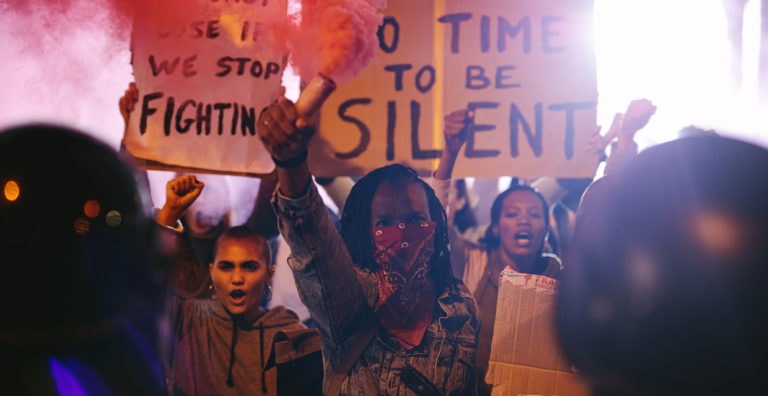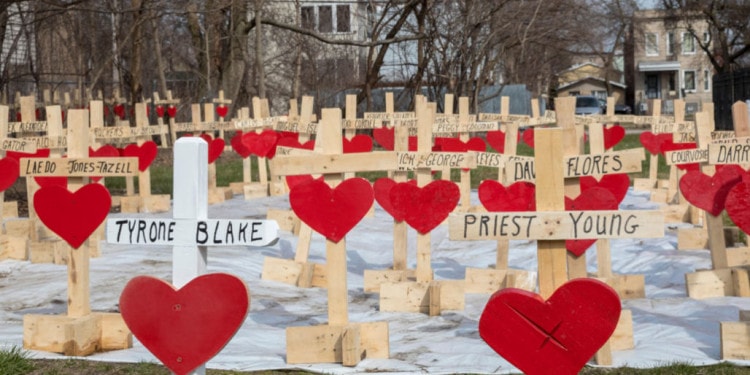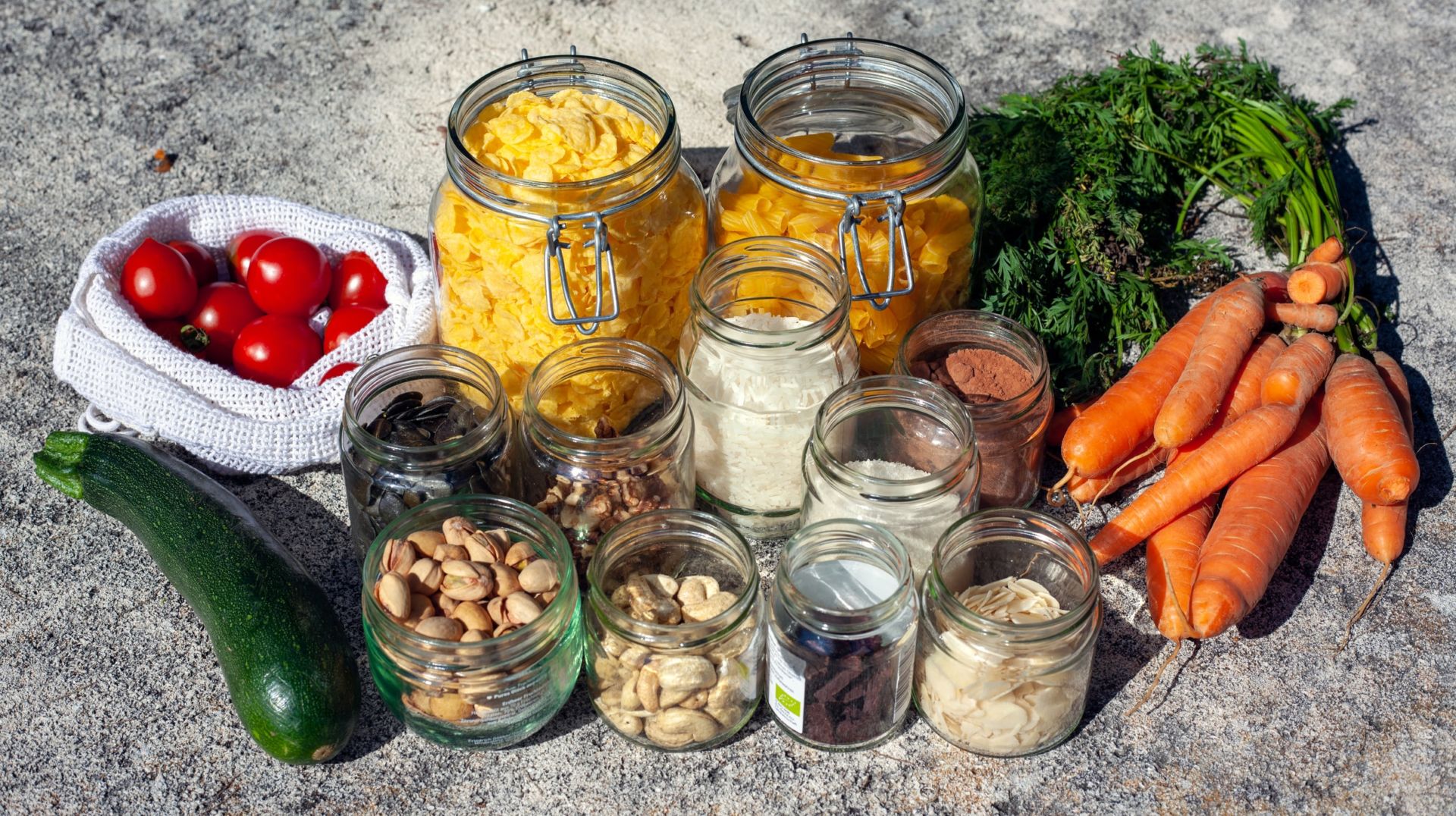Gun violence and Intimate Partner Violence (IPV) are undeniably linked. Offenders who have access to firearms are five times more likely to kill their victims (Everytown) with a disproportionate number of these victims being Black women.
According to a report published by the Violence Policy Center , Black women experience the highest rates of gun homicide compared to any other group of women and a majority of these cases are directly related to IPV.
In this same report, the number of Black women shot and killed by their husband or intimate acquaintance was nearly four times as high as the total number murdered by male strangers in 2017.
A lack of universal gun control and policies aimed at keeping firearms out of the hands of IPV offenders, breeds complicity in the often-overlooked gun violence within Black communities, particularly when it comes to femicide of Black women.
Related Articles: Black Women Matter | 2020 Gun Rally: Aiming for Peace
Within IPV, guns are often used as tools of symbolic violence, exerting power and control over victims. The mere presence of a gun and or threats to use that gun send a profoundly dangerous message to victims and instill deep fear, making it incredibly difficult for women to get out alive.

Part of the problem lies within the inept implementation of laws and policies specific to gun ownership and possession.
For example, provisions in protective orders such as ordering the offender to surrender their firearms and/or be prohibited from purchasing new ones are far from universal, often subjective, and are left to individual Judges to decide as evidenced in my previous article on the murder of Detective Tanisha Pughsley.
Research compiled by Everytown highlights how addressing federal and state gun policies can be the difference between life and death and this information is especially salient for keeping Black women alive.
Suggestions from their research include a calling for state and local courts to give more focus to ensuring that domestic abusers cannot possess firearms and that there are systems in place to enforce relinquishment laws to hand over those firearms. These include strengthening federal background checks by improving domestic violence records in the background system and closing certain loopholes, as well as prioritizing issues and barriers that victims face through more comprehensive research on the intersection between guns and IPV.
It’s time we as a Country demand more from our legal system and more for one another. We cannot afford to continue ignoring the mass injustice of the murdering of Black women.
Learn more by visiting www.disarmdv.org
—
About the Author: Amber Sutton is a licensed social worker and Ph.D. student in the School of Social Work at the University of Alabama. Her research focuses on understanding Intimate Partner Violence and maternal health through an intersectional feminist framework. A survivor herself, Amber is interested in utilizing her practice experience and research to improve responses to survivors. Amber has served on the Board of Directors for the National Coalition Against Domestic Violence.
Editor’s Note: The opinions expressed here by Impakter.com columnists are their own, not those of Impakter.com. — In the Featured Photo: A retired carpenter made crosses to represent those killed by gun violence in Chicago, IL during the first three months of 2018 . — Featured Photo Credit: Jim West.










